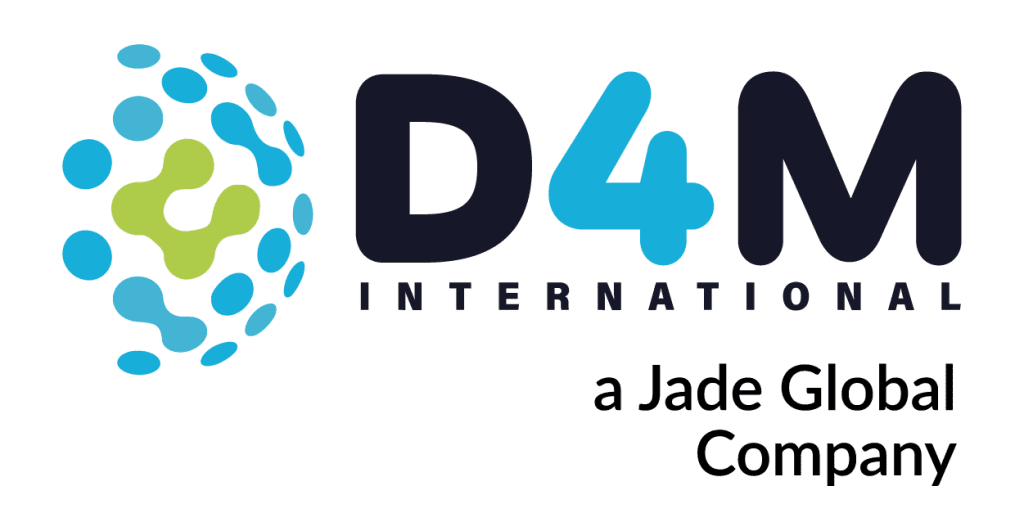From Factory Floor to Final Delivery: How Delmia Apriso Transforms Manufacturing Operations
About the Interview
Delmia Apriso is a Manufacturing Operations Management (MOM) system tailored for large organizations. It offers comprehensive traceability from the production floor to client shipping and receiving areas, enabling seamless tracking across geographic locations and divisions. In this interview, Senior Computer Engineer and Apriso Consultant Rene Esquivel discusses the features of Delmia Apriso and explains how its advanced tracking capabilities can enhance manufacturing productivity.
Rene emphasizes the importance of Delmia Apriso in industries like automotive manufacturing, particularly in managing recalls and warranties. The system allows companies to identify affected parts, pinpoint their location, and determine which clients may be impacted, thus minimizing downtime and costs during recall processes. Its modular design makes it adaptable to specific company needs, integrating functionalities often handled by ERP systems, such as labor tracking, master data configuration, and cross-system communication. Rene also explains two distinct features designed to enhance functionality and user accessibility.
- Business Integrator
- Dispatch Board
He clarifies that the setup process for Delmia Apriso, including ERP and network integration, generally takes 8 to 12 months for large organizations but can be shorter for midsize companies with fewer production lines.
To conclude, the primary benefit of using Apriso is its ability to make information readily available. As soon as a part arrives on the production line, its details can be entered into Apriso and immediately shared with external systems. This functionality is not limited to SAP; it supports integration with a variety of other systems as well. Delmia Apriso stands out for its versatility and ability to communicate seamlessly with various systems, making it a strong choice for managing production data and facilitating collaboration between Tier Ones and OEMs. It empowers companies with real-time data sharing and enhanced operational visibility.
Read More MINI-SODE 2: THE HUMAN FACTOR OF M&A






